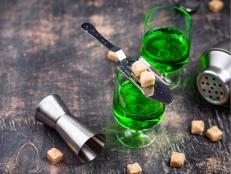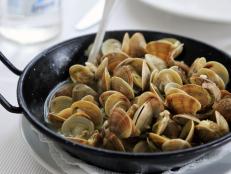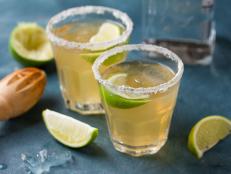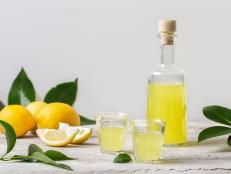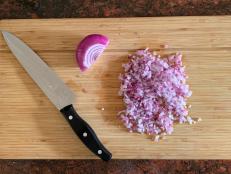What Is Vodka Made From? A Concise Guide to Vodka
A vodka producer shares everything you need to know.
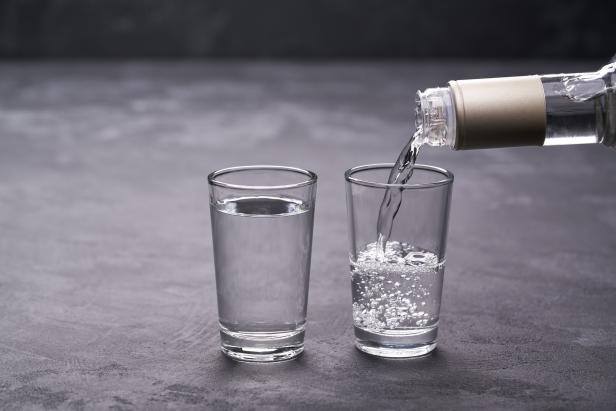
Igor Dudchak/Getty Images

Perhaps you already count vodka as your spirit of choice for cocktails, or maybe you’ve noticed more types of vodka on bar menus and store shelves than before. But what exactly is vodka made from? For more info, we consulted Matt Quigley, president and founder of Stateside Vodka and Surfside Iced Tea in Philadelphia.
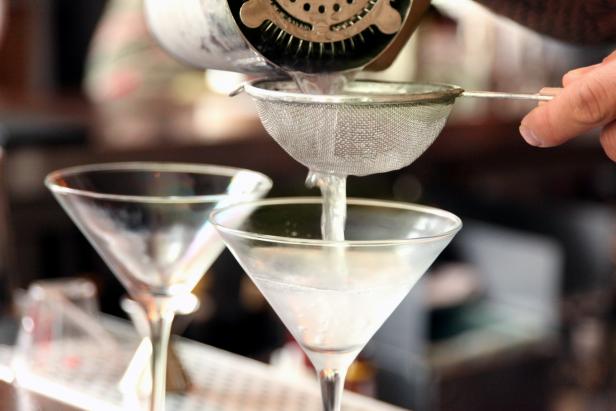
Lara Hata/Getty Images
What Is Vodka?
Vodka is a clear, unaged and neutral alcoholic spirit that has no flavor or aroma.
What Is Vodka Made From?
Vodka is made from water and diluted ethyl alcohol or ethanol made by fermenting sugar through the addition of yeast. “Most traditional ‘Old World’ vodkas from Europe use grains such as winter wheat, rye or potatoes,” Quigley explains. “Today, many modern ‘New world’ vodka brands, including Stateside Vodka, use corn.”
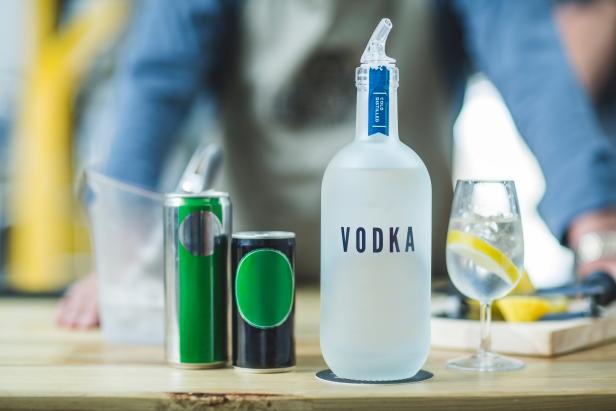
Westend61/Getty Images
Everything to Know about Vodka Flavor
Vodka is a flavorless liquor, but Quigley explains that different base ingredients impart certain flavors and styles even after the liquid is distilled and filtered. “Wheat and barley will produce vodka that is higher in acidity but lighter in body. Rye will impart a spicier, more robust vodka. Potatoes will give a fuller body with a creamier mouthfeel,” he says. “As a premium American craft vodka, we decided to use high-quality corn from the U.S. which produces a lighter, slightly sweeter tasting vodka versus the traditional grain-based vodkas.”
The type of water and finishing process can also impact vodka’s overall flavor and mouthfeel. To ensure a smooth, soft finish, Stateside Vodka uses a custom filtration system that produces an H2O formula with a range of minerals, including electrolytes, as well as a proprietary finishing process featuring carbon, aeration and freeze filtration to removes impurities.
To make flavored vodkas, flavoring or botanicals can be added to the mash during distillation or to the distilled vodka.
What’s the Alcohol Content of Vodka?
In the U.S. the standard alcohol content of vodka is 40 percent Alcohol By Volume (ABV) but Quigley notes that it can reach as high as 46 percent ABV. He also notes that liquor laws governing ABV vary greatly by country. “In general, to be designated as vodka, the liquid must be distilled at or above 190 proof (95% alcohol by volume) and bottled at a minimum of 80 proof (40% alcohol by volume),” Quigley says.
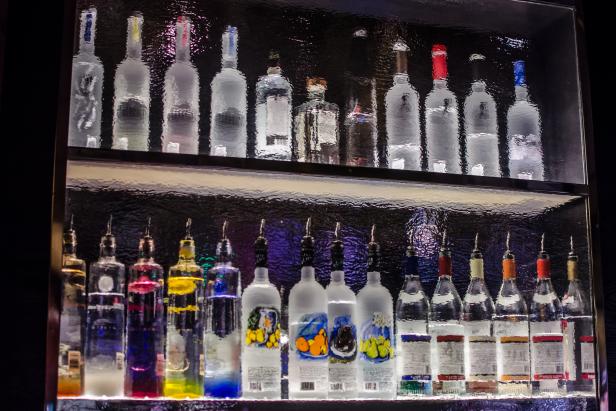
FrankieMea/Getty Images
Does Vodka Go Bad?
Vodka does not go bad, but it loses its potency over time. Producers recommend using unopened bottles of vodka within 30 to 50 years of production to enjoy the vodka’s ideal potency and flavor. Opened bottles of unflavored vodka are shelf stable for 10 to 20 years; after this time, oxidation starts to break down the vodka’s potency.
How to Store Vodka Once Opened
Vodka can be stored in a dark, cool place or at room temperature away from direct sunlight. “Some people will store vodka in the freezer to reduce the amount of dilution in a cocktail due to ice melting less rapidly, but this is a matter of personal preference,” Quigley says.
Related Links:






















